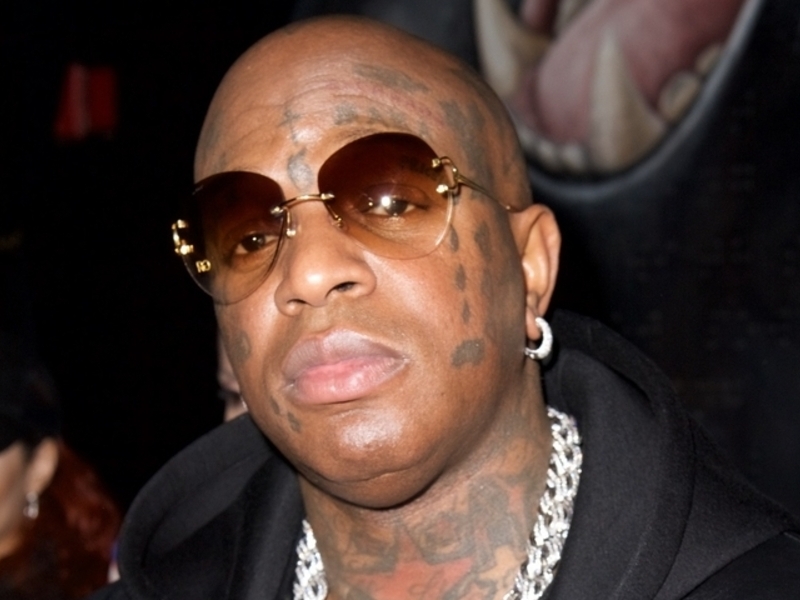Bryan “Birdman” Williams and his brother Ronald “Slim” Williams recently sat down for an interview with Forbes. Throughout the conversation, the New Orleans natives speak about their rough upbringing and how their father encouraged them to start their own business. As a result, they built Cash Money Records from the ground up and into the reputable empire it is today.
In terms of their relationship with Drake — one of the imprint’s biggest success stories — Birdman was adamant they will always be cool with the Toronto superstar — despite the rumors. Drake talked about his status with Cash Money on the Scorpion track, “Is There More.”
“Soon as this album drop I’m out of the deal/In the house playin’ D’Angelo, ‘How Does It Feel?'” he spit, leading many to conclude he was done with the imprint.
Birdman explains, “We always let Drake do what he wanted. Same thing we did with Nicki [Minaj] It’s hard to tell them people what to do and how to do it. I wanted to allow them to do what they wanted to do. That’s one of the blessings about being an artist. You gotta let them paint they own picture.”
When asked about Drake’s current situation with the label, Birdman says repeatedly, “We forever in business in Drake.” Slim adds, “We can’t speak on none of that.”
Birdman reiterates again, “All I can tell you is we forever in business with Drake. We’ve got great friendship, a great partnership with respect on both sides. And honestly, I feel like we’re forever in business with Drake. Fuck what you heard and what you might hear. It is what it is. We’re in business with Drake.”
Following that particular segment, Forbes brought up the many artists who have jumped from the Cash Money ship due to financial disputes, including Lil Wayne. In 2018, Weezy ultimately parted ways with the label as part of a multimillion dollar settlement, which finally allowed Tha Carter V to see the light of day.
In response, Cash Money’s company attorney and business manager told Forbes, “Contracts haven’t been done, producer agreements haven’t been done, samples haven’t been cleared. Ninety percent of the time, it’s not that we owe them money. It’s that other people worked to get paid that they didn’t know had to get paid.”
Watch the full interview above.








Drake is gayer than Lil Wayne kissing Birdman on the lips.
Drake is more homo than Birdman kissing Lil Wayne on the lips
Father and son kissing is considered normal, and not homo.
Nope. Don’t find a way to defend your stupidity. Fathers don’t kiss sons in their mouths and they’re not father and son. A father who hires to murder?
1. They do. I’ve seen it happen. It’s not gay but a natural way of a father expressing his paternal love.
2. Birdman is Wayne’s stepfather. He never tried to murder wayne.
I wish he would do to my butthole what he did to Wayne’s.
Who listens to Drake anymore?
Me all the way from Nigeria & millions all over the world. And it will never stop.
In other words. We’ll be in his pocket forever.
They don”t take more than what they are legally owed. Wayne was the greedy bitch. Birdman gives drake unlimited creative control.
what the fluck does creative control have to do with getting jerked??????
Drake looks like he should be a cartoon character on Big Mouth
Cash money is cash poor. There little run is over in music business. Pretty much all of their projects were straight poop.
Birdmans a weirdo
In business cuz of music Drake put out under Cash Money but going forward you wish birdman.
Terrible news for Drake…LOL